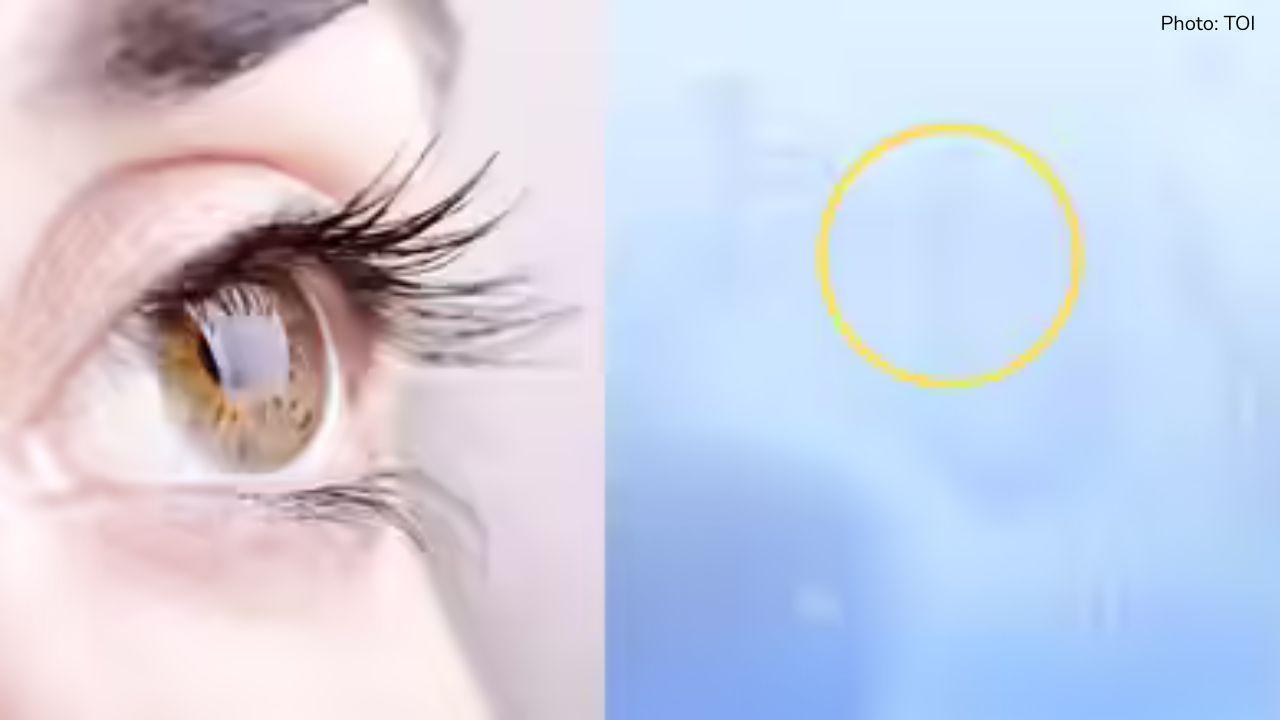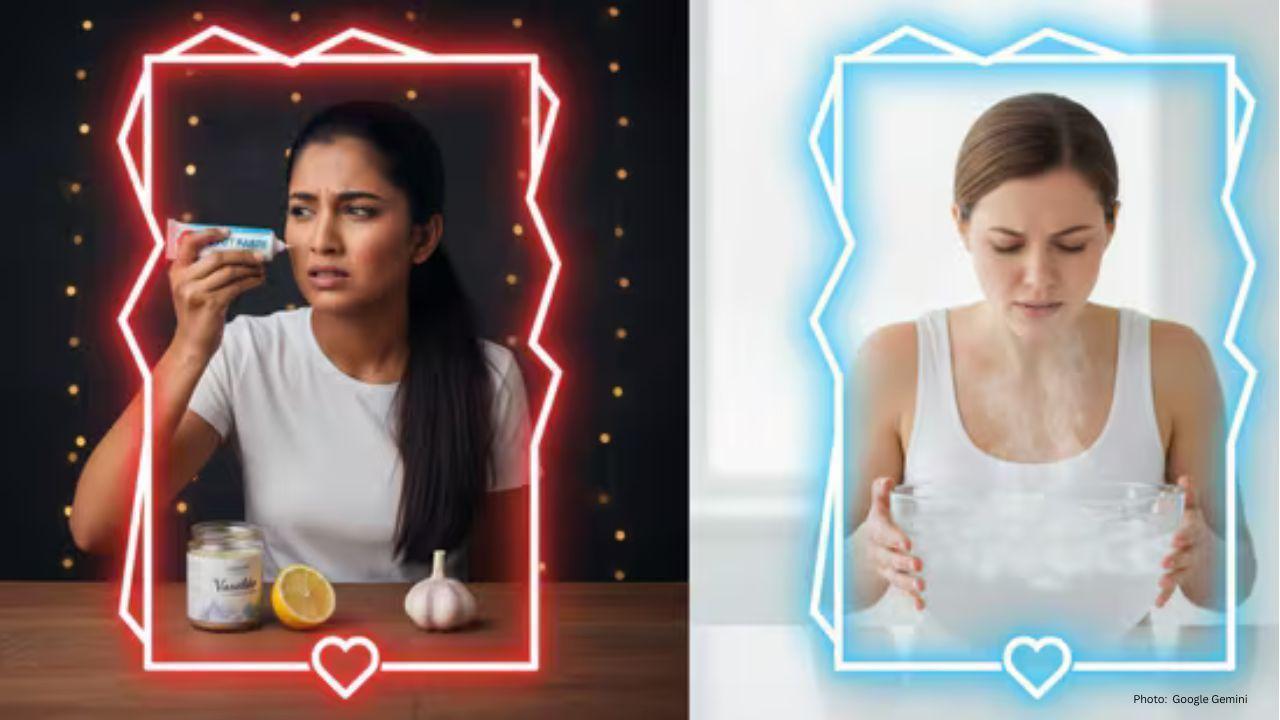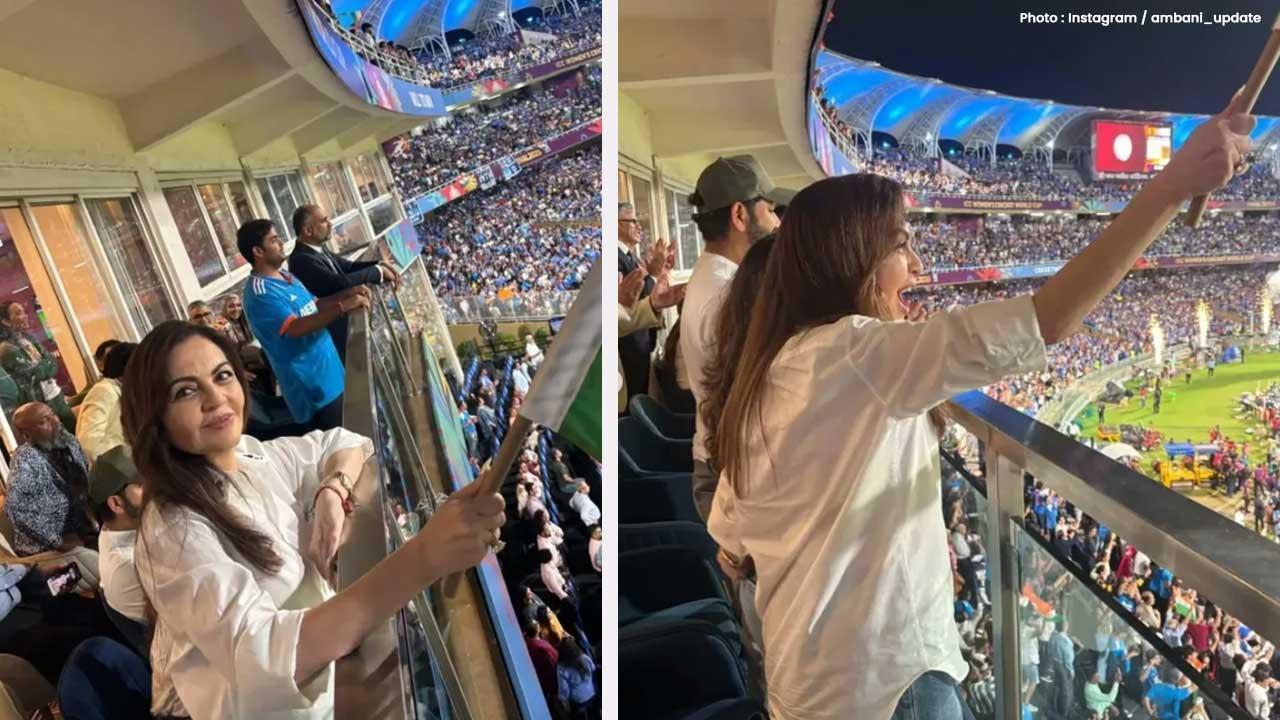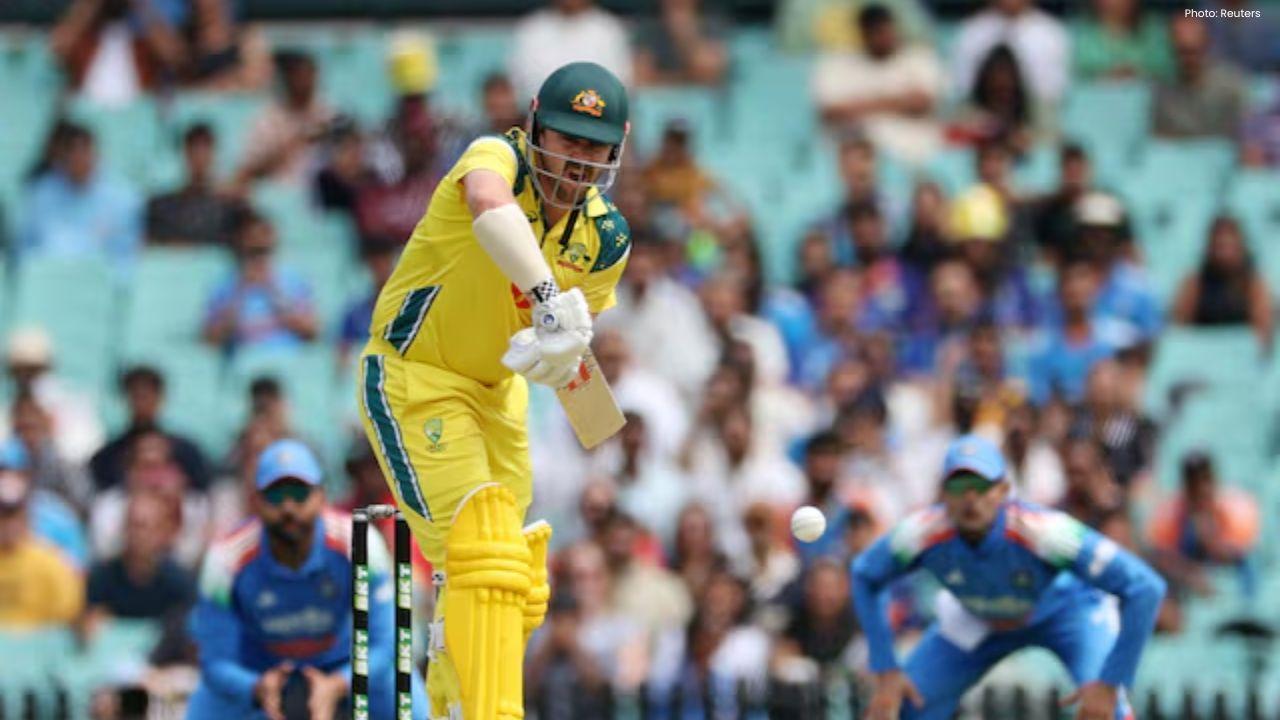
Post by : Saif Al-Najjar
Have you spotted tiny dots, threads or shadowy shapes drifting through your sight? Known as "floaters," these visual artifacts affect many people at some stage. Generally benign, they can occasionally point to an eye condition that needs prompt assessment.
Clinicians note that recognizing the origin of floaters helps safeguard vision. Ophthalmologist Dr. Meera Sood says, "Floaters are groups of cells or gel-like material inside the eye’s vitreous. They cast shadows on the retina, which you perceive as spots or streaks. In most cases they are not dangerous, especially when they arrive gradually and do not impair vision."
Common causes of spots in vision
Several factors can make people notice floaters:
Age-related changes: Over time the vitreous gel can thin and form clumps that appear as floaters. This is a frequent, usually non-threatening change.
Eye strain or tiredness: Long periods at screens or reading in low light can heighten awareness of floaters. Fatigue and stress may make them seem worse.
Injuries or eye trauma: Trauma to the eye can trigger new floaters or flashes of light. Such cases warrant rapid medical review.
Eye conditions: Sudden floaters or flashes can be signs of retinal tears, detachment or intraocular bleeding. These situations require urgent intervention to avoid vision loss.
Medical conditions: Systemic illnesses like diabetes or uncontrolled high blood pressure can affect the eye and lead to floaters or other vision changes. Regular screening helps pick these up early.
When to see a doctor
Most floaters are harmless, but certain symptoms call for immediate eye care:
A sudden increase in the number of floaters
Flashes of light in your vision
A shadow or curtain appearing in your side vision
Loss of vision or blurred areas that do not go away
Dr. Sood advises, "If you experience any of these warning signs, contact an ophthalmologist promptly. Early diagnosis and treatment can prevent more serious damage to your sight."
How to care for your eyes
Simple daily measures can support eye health:
Take regular breaks from screens using the 20-20-20 rule: every 20 minutes, look at something 20 feet away for 20 seconds
Wear sunglasses outdoors to protect your eyes from UV rays
Eat a healthy diet rich in vitamins A, C, and E, which support eye health
Stay hydrated and get enough sleep to reduce eye strain
Schedule regular eye check-ups to catch problems early
Floaters and spots can be unsettling, but in many cases they reflect normal ageing or benign eye changes. When floaters appear suddenly or alongside other alarming symptoms, seek immediate medical evaluation.
Your eyes are sensitive; attending to changes early, maintaining healthy habits and consulting specialists when needed are the best ways to preserve clear vision.










Zohran Mamdani Elected New York City Mayor; Victory Celebration Features Bollywood Hit
Zohran Mamdani wins NYC mayoralty, the city's first Muslim and South Asian mayor; victory rally even

Nita Ambani Cheers India’s Women’s World Cup Triumph
Nita Ambani celebrated India’s Women’s World Cup win with grace and elegance, cheering proudly in st

Victoria Mboko Wins Montreal and Hong Kong Titles
Teen tennis star Victoria Mboko wins Montreal and Hong Kong titles, defeating Grand Slam champions a

Suns Defeat Spurs 130–118, Booker Leads with 28 Points
Devin Booker scored 28 points and 13 assists as the Phoenix Suns ended the San Antonio Spurs’ unbeat

Wolves Remove Coach Pereira After Poor Premier League Run
Wolverhampton have dismissed manager Vitor Pereira after failing to win any of their first ten Premi

Travis Head Leaves T20 Squad For Ashes Preparation
Australia’s Travis Head leaves T20 series against India to join Sheffield Shield for red-ball practi